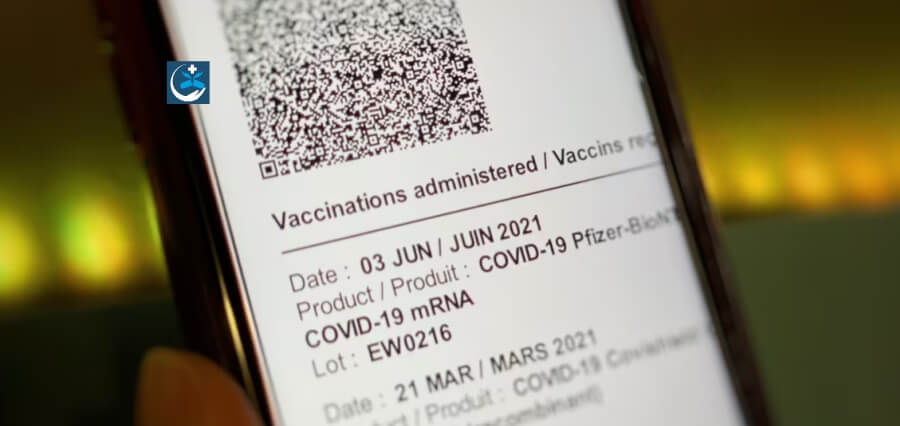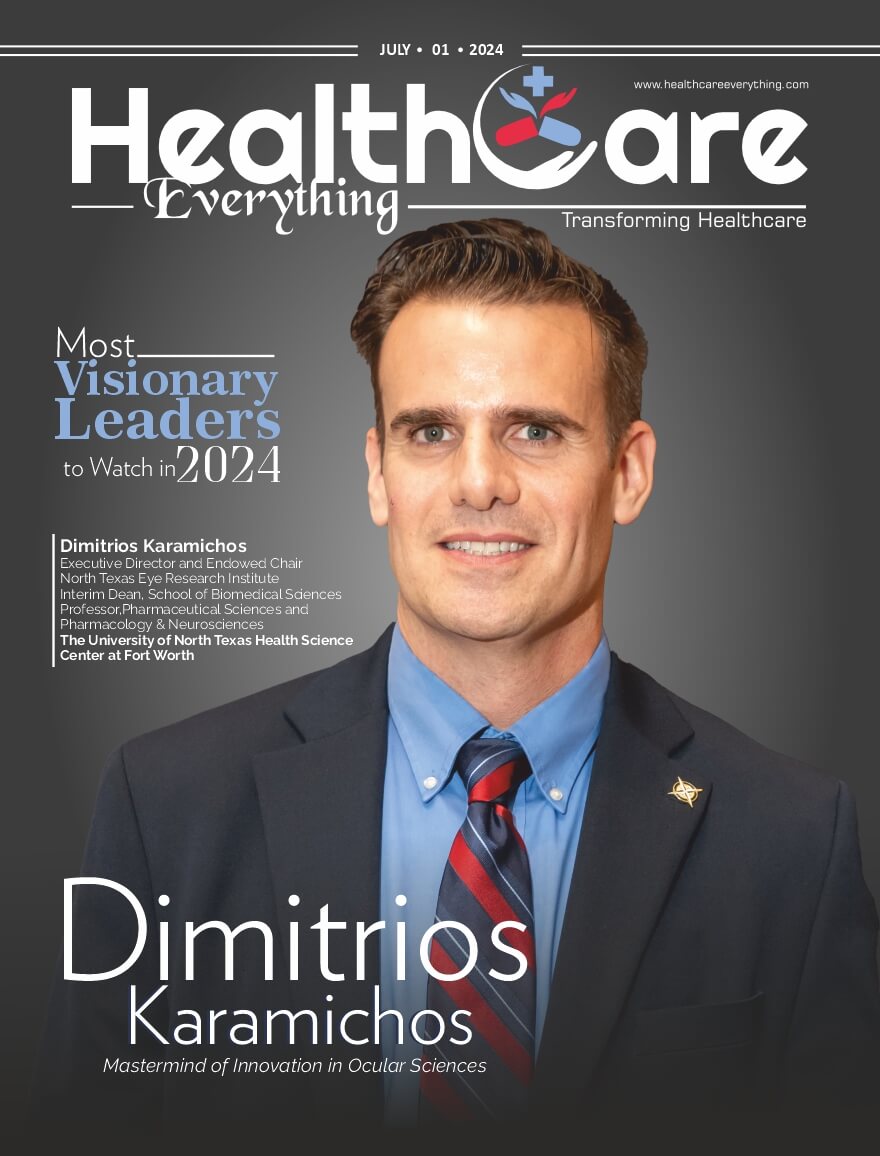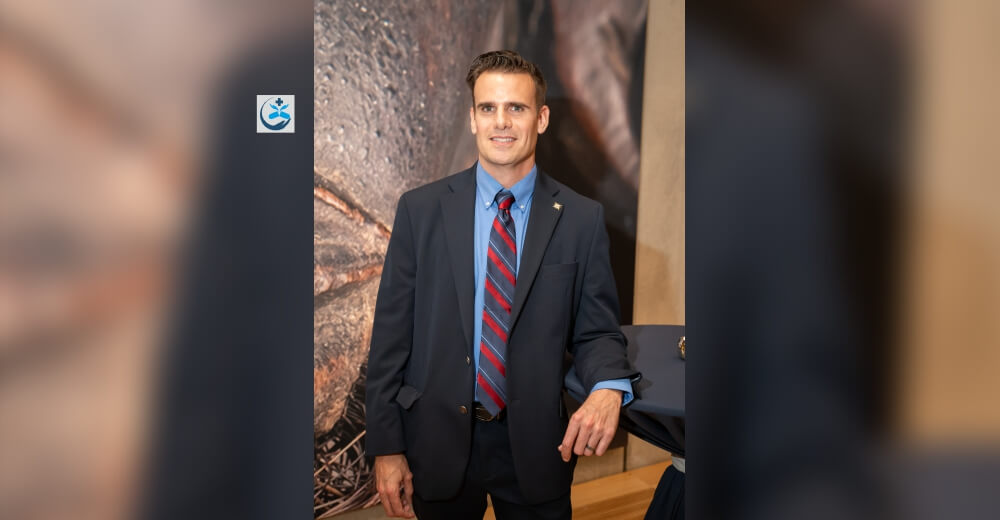According to a recently released study by public health researchers, COVID-19 proof of vaccination requirements, often known as vaccine passports, caused more Canadians under 50 to receive their first shot soon after the regulations were put into place.
According to the researchers, knowing how successful these rules were could aid public health officials nationwide in getting ready for pandemics in the future.
Nazeem Muhajarine, a University of Saskatchewan professor of community health and epidemiology who assisted with the study, stated, “We were looking ahead,” in a Tuesday interview with CBC Radio’s Afternoon Edition.
“What lessons can we learn from this proof of vaccination policy so that this might be one of the tools that we can use in future public health crisis situations?”
The effectiveness of vaccine passports was studied by researchers from the U of S, University of Regina, University of Toronto, and the Coronavirus Variants Rapid Response Network (CoVaRR-Net), a network of researchers from across Canada, from June 2021 to November 2021, according to Muhajarine.
The study’s findings were published in this month’s issue of Health Affairs, a peer-reviewed health-policy journal. They found “an immediate and substantial” increase in first-dose vaccination rates for Canadians of all ages in the days following the announcement of proof-of-vaccination requirements.
Vaccine passports were implemented by provincial governments, including Saskatchewan’s, in 2021 following the first significant COVID-19 pandemic waves and concurrent with the onset of COVID-19 vaccination campaigns.
The passports displayed a person’s immunization status and frequently included a QR code.
According to the study, proof-of-vaccination policies were “presented as a promising tool for increasing vaccination coverage” and to “facilitate a’return to normal’ by enabling the lifting of remaining public health protections.” These policies required proof of vaccination in order to access certain non-essential services, such as dining in restaurants.
Researchers examined vaccination rates seven weeks prior to and following the nationwide introduction of vaccine passports in Canada, taking into account differences in age groups and timing.
According to the report, first-dose vaccination rates increased 17.5% nationwide in the seven weeks following the announcement of proof-of-vaccination laws by the provinces.







